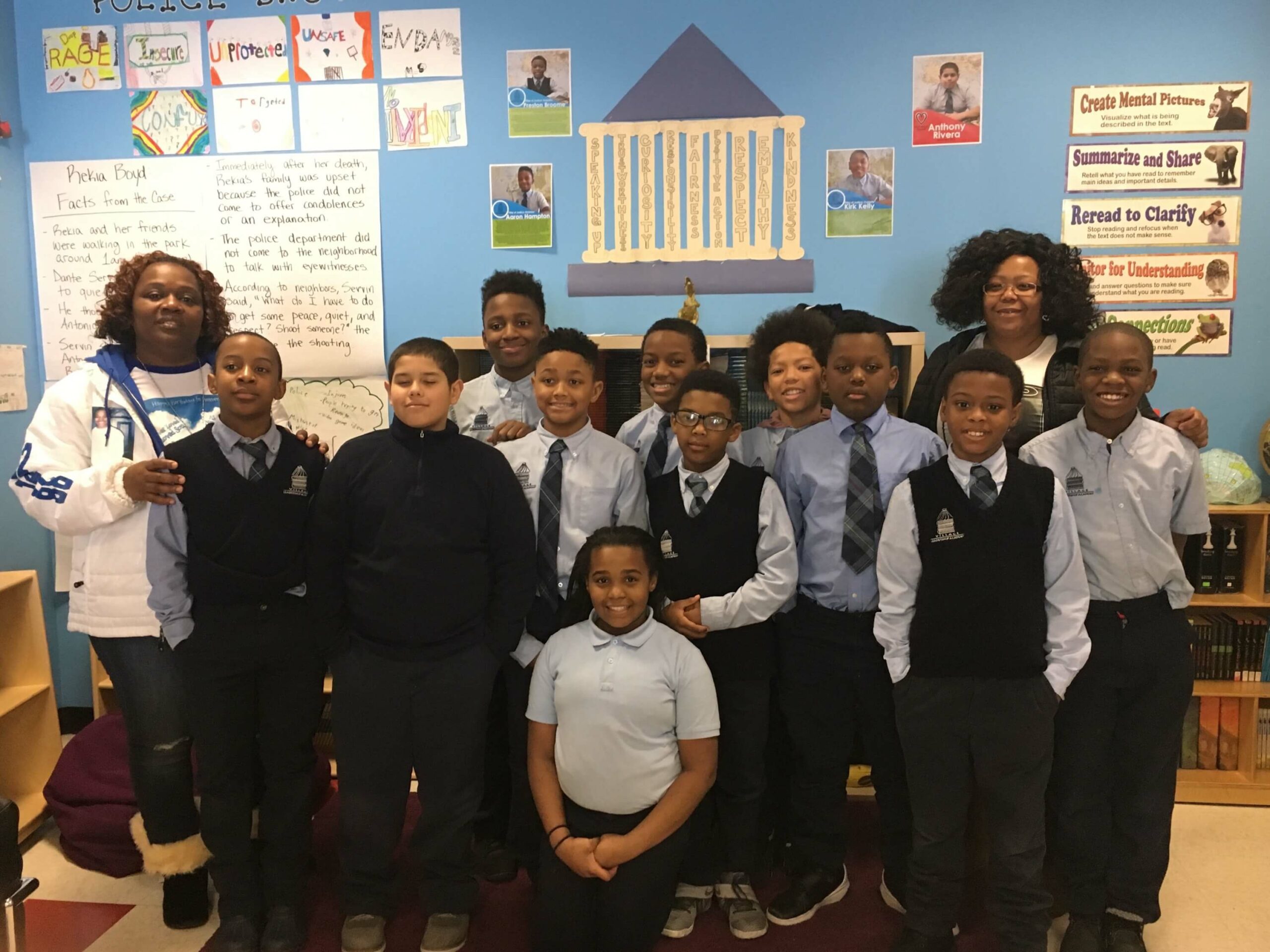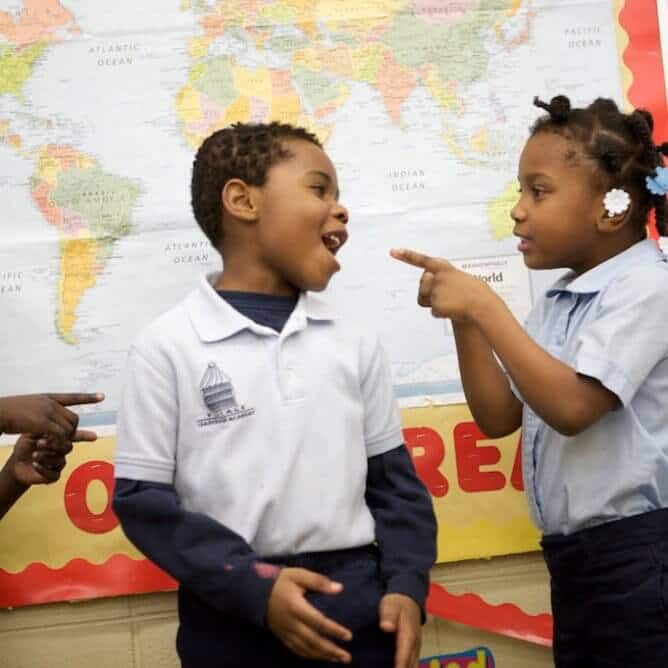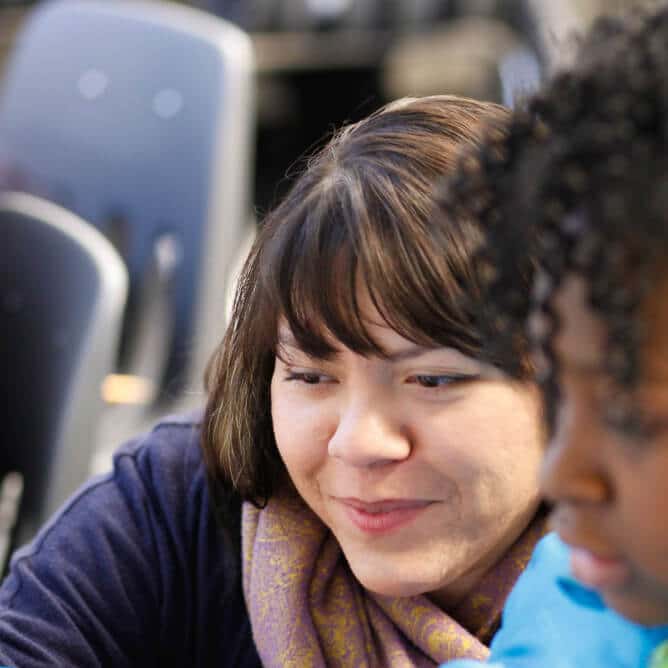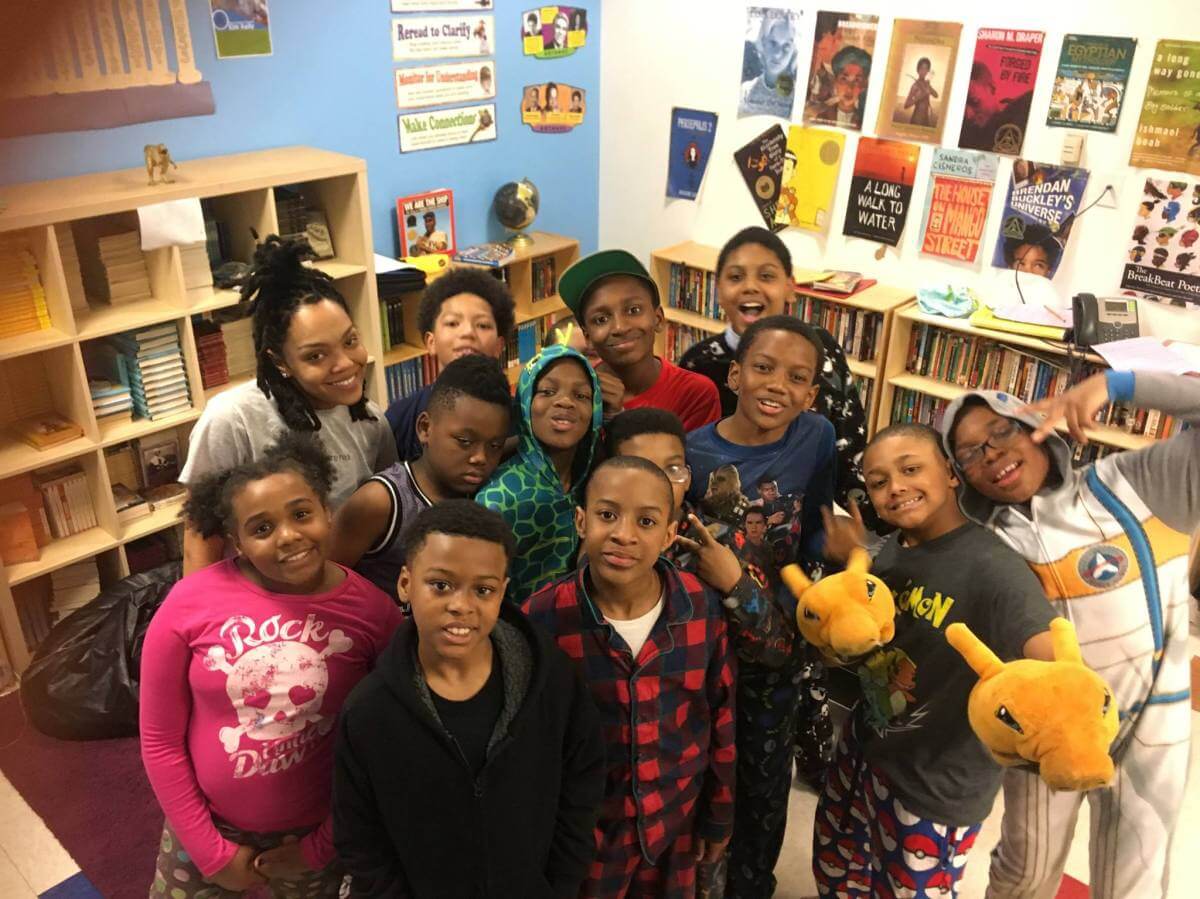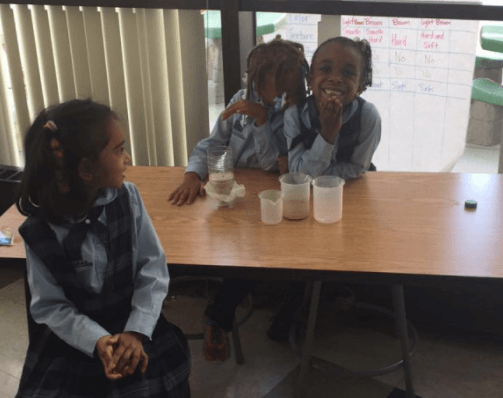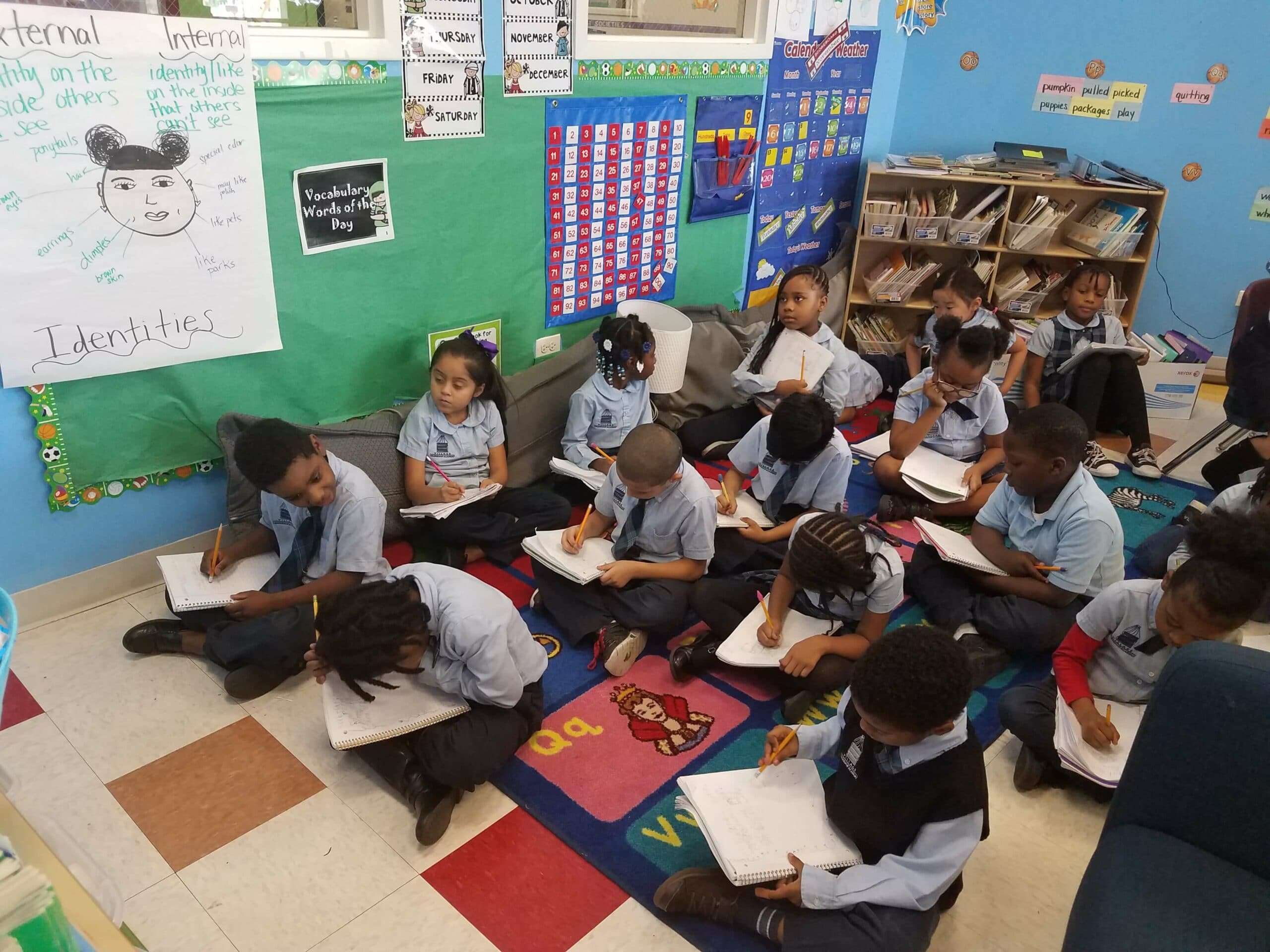Blog
A True Social Justice Education
A Common Misconception
The history of Africa is rich and full of hundreds of cultures, heated debates, patterns of corrupt interactions, and records of power resistance from various African people. In fact, learning about African history is a perfect opportunity for students to grow as thinkers and justice seekers. Nonetheless, the common American child rarely gets a full representation of what really happened in Africa and the diverse nature of its communities. For example, think back to your social studies elementary education while you think about how you would answer these questions as a kid:What were African communities like before colonization? Most likely, we might think only Egypt or small “strange” tribes. What were the various effects of colonialism on the African people? Most likely we think of slavery. Who do we teach in African history? Martin Luther King (US History) or if we did learn about African history, we mostly likely studied the Egyptian empire, the colonialist, and a couple famous leaders. And why do we only focus on great empires and leaders when there were so many other communities that did not represent a hierarchal structure of kings and queens? Huh? We might not know the answer. What can these Ancient Empires and collective societies teach us about our communities and lives today? We probably have never even thought about this. After all, how could something so different that occurred thousands of years ago possibly teach us about our lives today?
When we think about the common answers to these questions, one can notice how much history we didn’t really understand: how much has been omitted from textbooks and class discussions; how we have overlooked many relevant lessons; and how we have completely missed the meaning from the lessons. Notice how we have learned a simplified version of history by looking at so-called “interesting” societies and leaving out other perspectives and less commonly-discussed communities. But, isn’t history the story of people? If so, who do we consider the “people” worthy of teaching? Who wrote history, and isn’t that only one view? Why has history become a subject, in which students are expected to reiterate an event, person, and date when it should be an opportunity for them to learn from human cultures, mistakes and patterns? Notice how we have left history inside dates, books, and tests, rather than critically engage in it to find meaning, human patterns, and lessons that relate back to our present lives.In general, traditional elementary school education hinders history’s potential influences on our students’ lives, mindsets, and character.
Many classrooms limit information on the earliest African communities and forget to uncover patterns and lessons that are important/relevant to our students today. Most elementary classrooms first of all, rarely focus on an in-depth African history. If they do mention Ancient African civilization, they most likely only focus on Egypt (and perhaps Nubia), which alone is one type of community structure that represents only a specific area in the continent. Perhaps some teachers might mention the Ancient Empires of Mali, Ghana, and Songhay, but even this is a limited view of what all of Africa was really like in its earliest days. What about the large numbers of people who were not part of these Empires or the people who were negatively affected and displaced because of these ancient empires? These “forgotten people” in history didn’t need to build monuments or palaces and flaunt their wealth and domination. Rather they lived to survive, and they lived collectively among each other. Why are their ways of life considered less interesting and less worthy of being taught or even mentioned? Isn’t teaching about their existence a great opportunity to have students evaluate pros and cons of each type of society and compare different ways to interact within a community? Isn’t this a teachable moment to explore fair and unfair ways to structure and govern communities? Isn’t this a great opportunity to discuss needs and wants in community structures and how this relates to the communities in which our students currently live?
It’s interesting how even so-called “worthy history” is a social construction that needs to be reconstructed.
Teaching Differently
When we teach Africa, all VLA teachers will expose our children to the famous empires and the less commonly known communities and viewpoints in African history. The main point of teaching history is not only for kids to master concepts, but also to practice critical thinking skills, pull lessons from history, and find ways to relate lessons to practicing justice in their lives. We need to teach our kids that history is not a simple linear set of facts and events (that needs to be memorized for the sake of completing a standard), but rather history is a meaningful tapestry of human successes, patterns, and pitfalls over time. We can always learn something from it.
Can kids learn the basics of history, sociology, and anthropology in a critical way? Well, observe one of our classrooms and you will see that our kids are in fact learning these topics and discussing it in ways that are broken down to their level. After all, the basics of social justice is evaluating fairness, and kids have a good grasp on whether or not something is “fair.” Therefore, they already have the foundation.
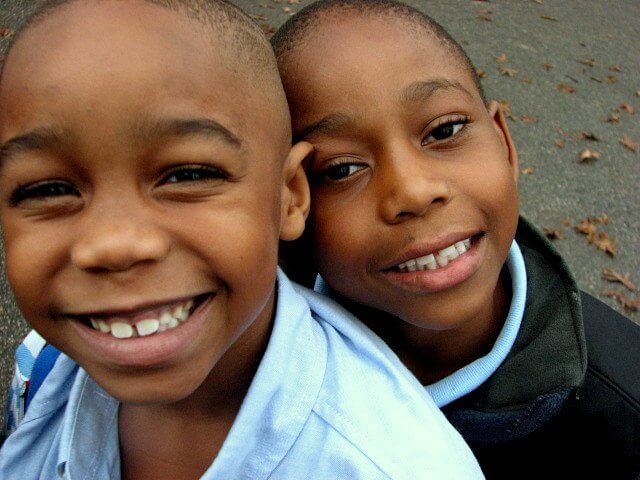
Remember, kids are able to learn what we want them to learn, if we really break it down for them. Most kids don’t know how to analyze patterns in history not because its impossible for young kids to understand, but rather its because we have not prioritize teaching the basics of these skills at a young level. If kids can learn literacy and logic based thinking in math, which are both complicated skills, then why can’ t our kids learn critical thinking as well? Why not prioritize them all? After all, these kids have a lot of experiences and circumstances to be critical towards. They face injustice everyday in their lives and communities. They might as well start practicing now.
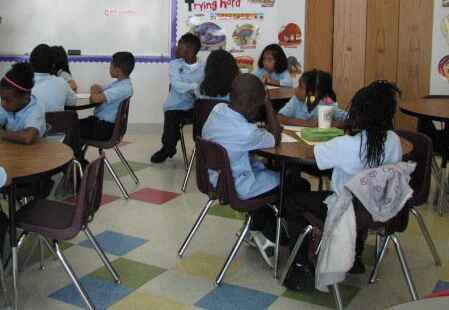
With this in mind, and knowing the nature of history and patterns of all human behavior, we can help our kids look beyond the surface level of the socially constructed differences that continues to divide human civilization and perpetuate intolerance and injustice. The truth about human history is that if you look closely, you will find a few core patterns among all human beings, no matter their background. People may have different backgrounds, cultures, and beliefs, but in they end people are not as different as we claim them to be. Most people have the same needs, but may meet those needs differently or strive for different wants. Also, keep in mind that many cultures are actually guilty of very similar things in different periods in time (however, some might be manifested in different scales/levels). For example, we can all agree that European slave trade was inhumane and completely destructive towards African kingdoms and people. However, a few African Empires bought and sold slaves of their own prior to European encounters. Even though slavery was not found in all of Africa and African slavery was not even close to being as horrific and unjust as the European slave trade, we need to remember that any form of slavery is inherently unjust. Period.
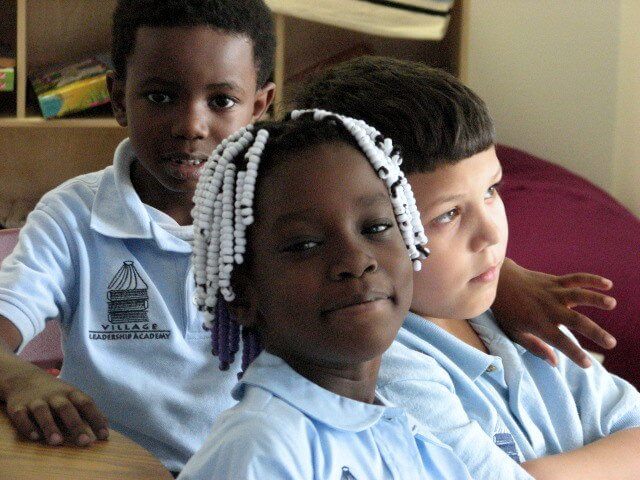
When discussing slavery, our students should focus more on the fundamental unjust nature of slavery (as a concept) than on which types of slavery are worse (although this is important too). Since our students will critically identify and respond to injustices within African history, we don’t want our children to leave the Africa unit hating certain heritages today.
When teaching horrific events in African history, we should expect our kids to be pissed off, but we should also teach them how to deal with their frustrations in a productive way. Just like its hard to find history books that teach multiple perspectives of African history, its also hard to find history books that really teach how to seek justice in the face of injustice. A true social justice education should not stop at feeling angry about the past and current circumstances. It should push even further by asking: What should we do with our anger?
If we see a need for change, how do we change it? For instance, should our African American children feel angry toward westernized systems of political, economic, and social oppression? Yes. Should that feed into hate against all European heritage? No. After all, didn’t our students just learn in our previous All About Me unit that external identities do not necessarily determine internal identities?
A common problem in teaching about injustice within a social justice model is that critical thinking without looking towards the next steps can sometimes lead to perpetuating hate rather than focusing on learning about justice. There are many tendencies for one unified group to name and blame another for historical injustice, and visa versa. This act of pointing fingers and focusing on faults can sometimes be a way to foster anger and hate, rather than move toward justice. Our children have a right to express their passion and feelings about what they learn, but they need to know how to use those passions and feelings to resist injustice, practice justice, and start making change. Focusing only on justifying our critically induced anger without brainstorming and practicing solutions to the problems is not a true social justice education. It’s a hypocrisy.
We teach social justice to create a more just world for and through our students. In order to reach this goal, we need to help our students understand the past and its influence on us, evaluate its faults, realize our emotions towards it, and brainstorm ways to work for justice in a critical and productive way. As an educator, I cannot teach a history that 1) tells only one perspective, 2) leaves out crucial lessons and messages that could otherwise help students make better choices and practice their critical thinking, 3) does not teach students how to deal with anger towards injustice in a productive way.
Our students’ lives are a product of so many injustices that they unfortunately need to face and find ways to change. We need to help our students to be critical about things, refuse to conform to unjust paths, and respond to past and present injustices by acting with justice ( such as global respect, hope, critical engagement, and alternative solutions/practices). This is what so many people in the world and throughout history keep missing. This is what we will not allow our students to get wrong.
This is why a true social justice education is greatly needed.
Enroll Now
Discover a partner in the future of your child. Enroll your scholar for the 2021-2022 school year today!
